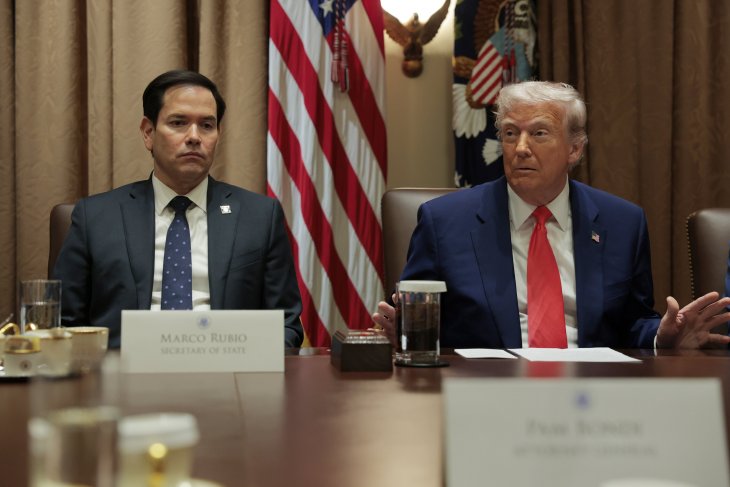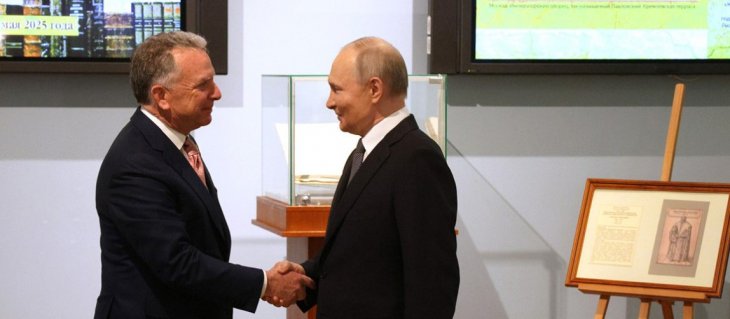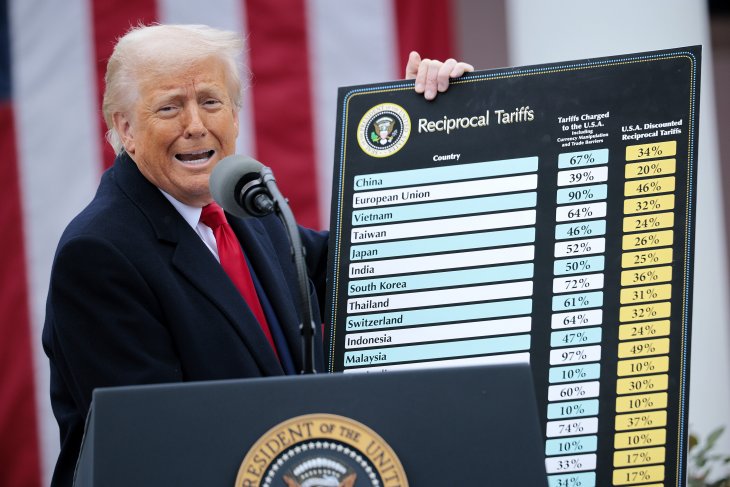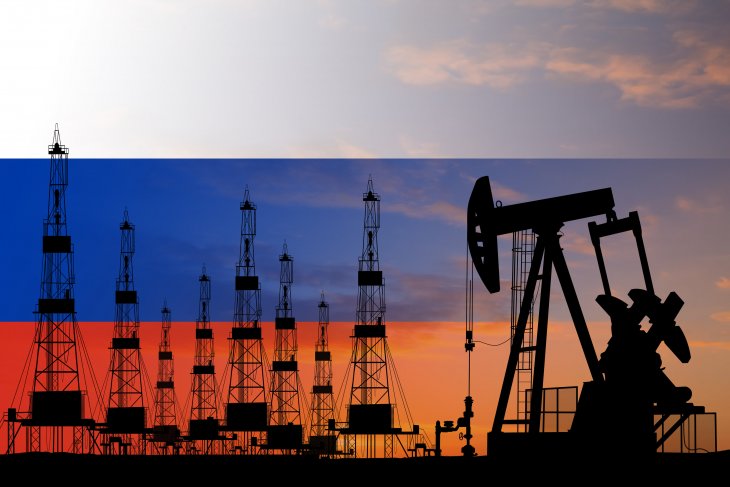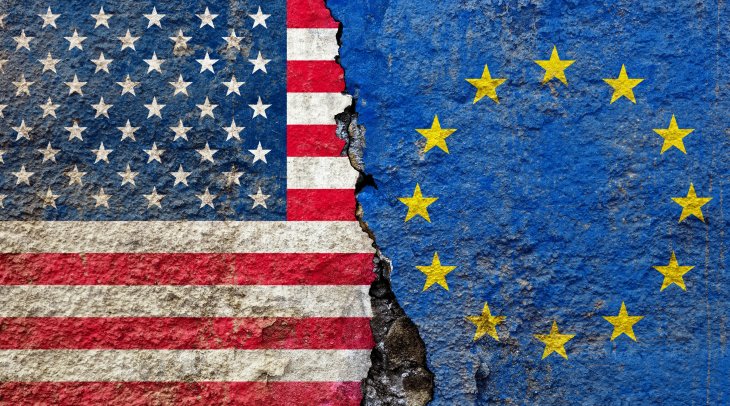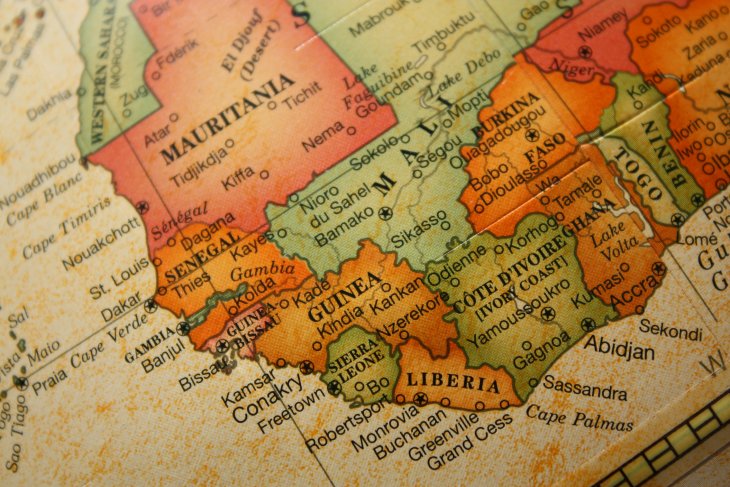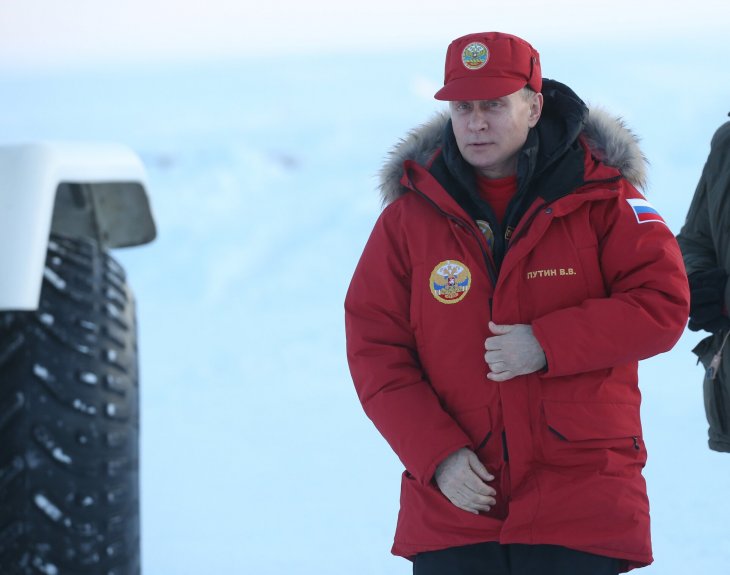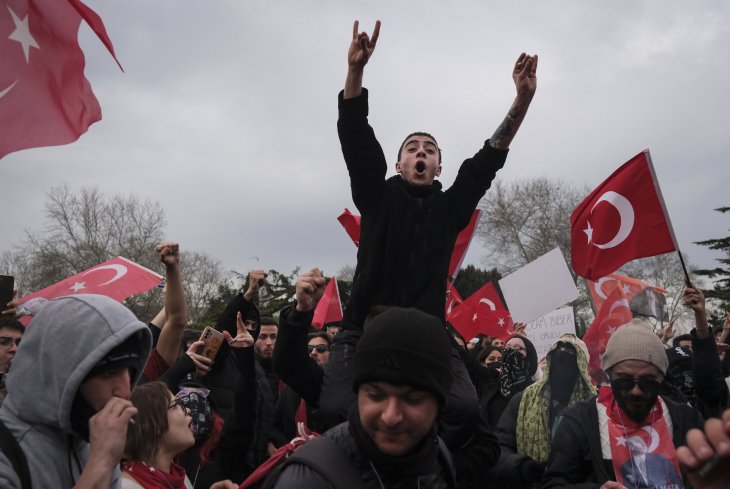On April 28, Russian President Vladimir Putin announced a three-day ceasefire in his war against Ukraine in the lead-up to the commemoration of the 80th anniversary of the Second World War (President of Russia, April 28).

Illustration: JStudios/Getty Images
The ceasefire is due to begin at midnight on May 7 and last until midnight on May 10. Even with this ceasefire, Russia’s official position on ending its war against Ukraine has hardly changed over time (see EDM, February 14, 2022, February 18).Read More

